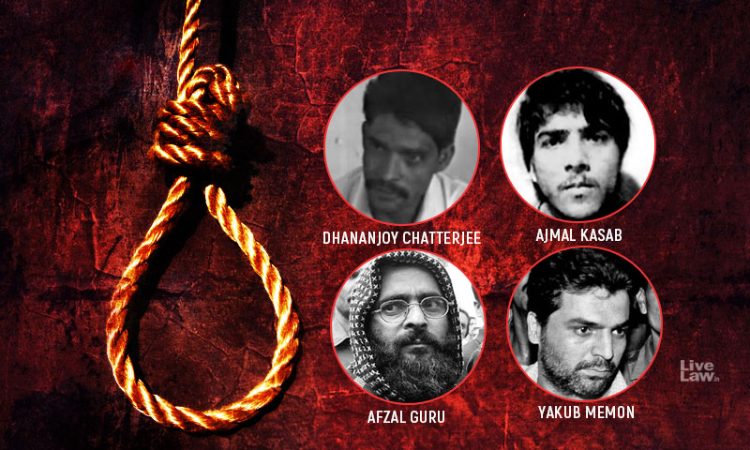Death Penalty : Executions In India Post-2000 Before Nirbhaya Case
LIVELAW NEWS NETWORK
20 March 2020 8:15 AM IST

Next Story
20 March 2020 8:15 AM IST
The execution of four convicts in the 2012 Delhi gangrape and murder case - Mukesh Singh, Akshay Singh Thakur, Vinay Sharma and Pawan Kumar Gupta - was carried out at Tihar Jail, Delhi on Friday morning at 5. 30 PM.This is the second instance of simultaneous hanging of four convicts in post-Independence India. The were hanged at the Yerawada central jail for the murder of 1 Read more...
